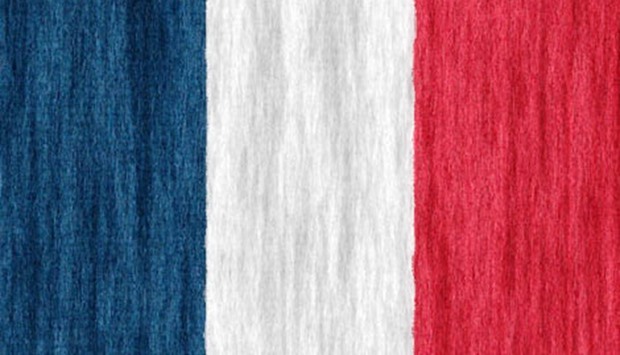The massive flow of migrants into Europe must be slowed with the help of Turkey and better screening of asylum applicants on arrival on the continent, the interior ministers of France and Germany said yesterday.
Speaking in Athens the ministers warned again of a real “danger” of Europe’s Schengen border-free zone collapsing if its outer frontiers were not better protected, by, among other things, boosting Greece’s capacity to sort “genuine” refugees from economic migrants.
As the first port of call for migrants fleeing war, persecution and poverty across the Mediterranean from the Middle East, Africa and Asia, Greece has received the overwhelming majority of the more than 1mn arrivals in the last year.
Most begin their journey in Turkey, which Europe accuses of doing too little to prevent migrant families setting out for Greece in overloaded boats that often sink, costing hundreds of lives since the crisis accelerated last summer.
German Chancellor Angela Merkel, who has come under fierce pressure to review her open-arms approach to migrants, will discuss the situation with French President Francois Hollande at a meeting tomorrow in Strasbourg, diplomatic sources said.
The pair will emphasise that Turkey “has to do its bit”, by agreeing to step up maritime patrols and take back failed asylum-seekers, diplomats said.
Winding up a two-day tour of overwhelmed Greek migrant reception centres, German Interior Thomas de Maiziere said that the goal “cannot just be to register arriving refugees and to relocate them equitably (but above all) to reduce the flow”.
Calling for moves to speed up the repatriation “of those not requiring protection”, meaning migrants not fleeing war or persecution, de Maiziere said Europe needed to “improve co-operation with Turkey” on the matter.
Greek Interior Minister Panagiotis Kouroublis said all sides had agreed to label Turkey “a third-party country of safe passage”, meaning migrants – for whom Turkey is a country of transit, not of origin – can be returned there.
Coinciding with the visit Athens announced it was setting aside €9.3mn ($10.4mn) to complete five migrant reception “hotspots” on the islands of Lesbos, Chios, Leros, Samos and Kos by mid-February.
Both de Maiziere and his French counterpart Bernard Cazeneuve also stressed the need to improve coordination of European security databases.
Data from the passport-free Schengen zone must include “terrorism (records) from police and intelligence agencies, and conditions must be created to link the Schengen system to other criminal records”, Cazeneuve told reporters.
The urgency of better security co-ordination was laid bare by the November Paris attacks, after it emerged two of the militants that killed 130 people in shooting and explosions slipped into Greece posing as Syrian refugees.
France will contribute experts in the growing fight against passport forgery among exiles desperate to reach Europe, while Germany will send 100 extra police and two patrol boats, the ministers said.
EU members have struggled to agree on how best to tackle the biggest migration challenge since World War II.
“We all know that Schengen is in danger,” de Maiziere later told Greek Prime Minister Alexis Tsipras, referring to unilateral actions by several EU members to reduce arrivals by introducing controls at borders with other Schengen members.
Cazeneuve and de Maiziere were to continue their Mediterranean tour later in Turkey, which is hosting more than 2mn refugees from the war in Syria.
The French minister said their talks with Turkish officials would focus on aid for refugees in Turkish camps as well as action against migrant smugglers.
Merkel will also travel to Ankara next week for talks with Turkish Prime Minister Ahmet Davutoglu.
On Wednesday, the EU reached agreement on how to finance a €3bn deal struck with Turkey in November to aid Syrian refugees in the country, in exchange for Ankara’s help in keeping them from taking to migrant boats.
Ankara agreed to lower the number of migrants coming through, but between 2,000 and 3,000 people are still landing daily on Greece’s shores from Turkey.

...
